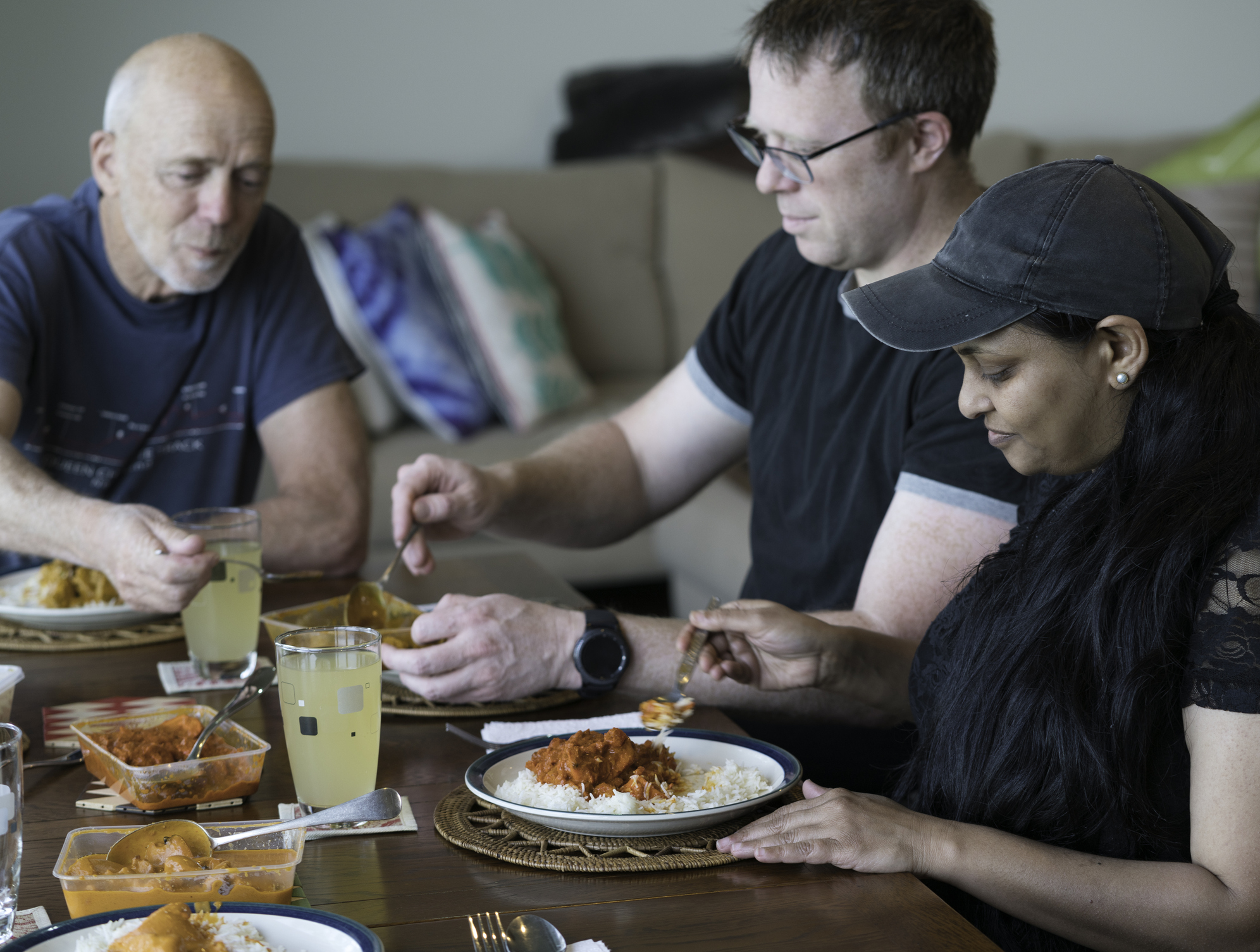865-974-5858
The Bird is Back in the Nest: How to Cope with Adult Children Back at Home

During the COVID-19 pandemic, one of the stressors both parents and young adults have been facing is the readjustment to communal living after months or years of living apart. There are great benefits for both parties: parents get to spend more quality time with their children and the adult children may feel safer being close to family members during this uncertain time. While there are benefits to the extra time together, the extended period of communal living may come with struggles. College years are a time of identity development, therefore emerging adults may come to realize that they hold conflicting views to those held by their parents. Additionally, these new identities may result in conflicting ideas about how to spend downtime, making this unprecedented transition to living at home a stressor on parent-child relationships [1].
With online classes recently ending for many, common activities for young adults at home during this indefinite period of isolation may include exercise, reading, watching television, playing video games, or connecting with friends online. Parents and emerging adults might have differing expectations about how to spend this extracurricular time. Research shows that adolescents and emerging adults using the internet for entertainment purposes put a strain on their relationships with their parents [2]. Instead of expressing frustration with these behaviors, parents may be more likely to convince them to put the devices down by having a positive perspective and encouraging alternative behaviors. It can be helpful to remember that your child may not know what else to do with the unexpected free time and encouragement from parents may help shift their behaviors. A couple of strategies you may want to try include suggesting activities for the family to do together such as board games or cooking. Another great family activity is working on a puzzle because it is mentally stimulating and creates opportunities for connection through conversation. Also, it may be a good idea to set daily expectations for chores so that they know how they can contribute around the house [3]. Lastly, suggesting necessary errands your adult children can run might encourage less technology use and aid in communal living—they are probably dying to get out of the house!
Overall, readjusting to your adult child living at home during this pandemic can be tough, and it is important to remember that they are experiencing many frustrations amidst the transition as well. Open communication is important to ease tension, and it can be helpful to validate the specific emotions, thoughts, and disappointments they are experiencing [4, 5]. There will likely be some tension within every relationship during this time as family members may be the only people you see on a daily basis, but it is important that everyone works together to keep that tension at a minimum. Amongst all of the stress brought on by COVID-19, you have been given the rare opportunity to spend daily, quality time with your adult child during this time.
1. Arnett, J. (2015). The Oxford Handbook of Emerging Adulthood. https://doi.org/10.1093/oxfordhb/9780199795574.001.0001
2. Padilla-Walker, L. M., Nelson, L. J., Carroll, J. S., & Jensen, A. C. (2010). More than just a game: Video game and internet use during emerging adulthood. Journal of Youth and Adolescence, 39(2), 103-113.
3. Raghunathan, R. (2020, April 10). Top ways to deal with coronavirus stress. Psychology Today.
4. Fisher, B. L., & Sprenkle, D. H. (1978). Therapists’ perceptions of healthy family functioning. American Journal of Family Therapy, 6(2), 9-18.
5. Miller, C. (n.d.). Supporting teenagers and young adults during the coronavirus crisis. Child Mind Institute.
Contributor: Jackson Ratcliff, UT Undergraduate Student





